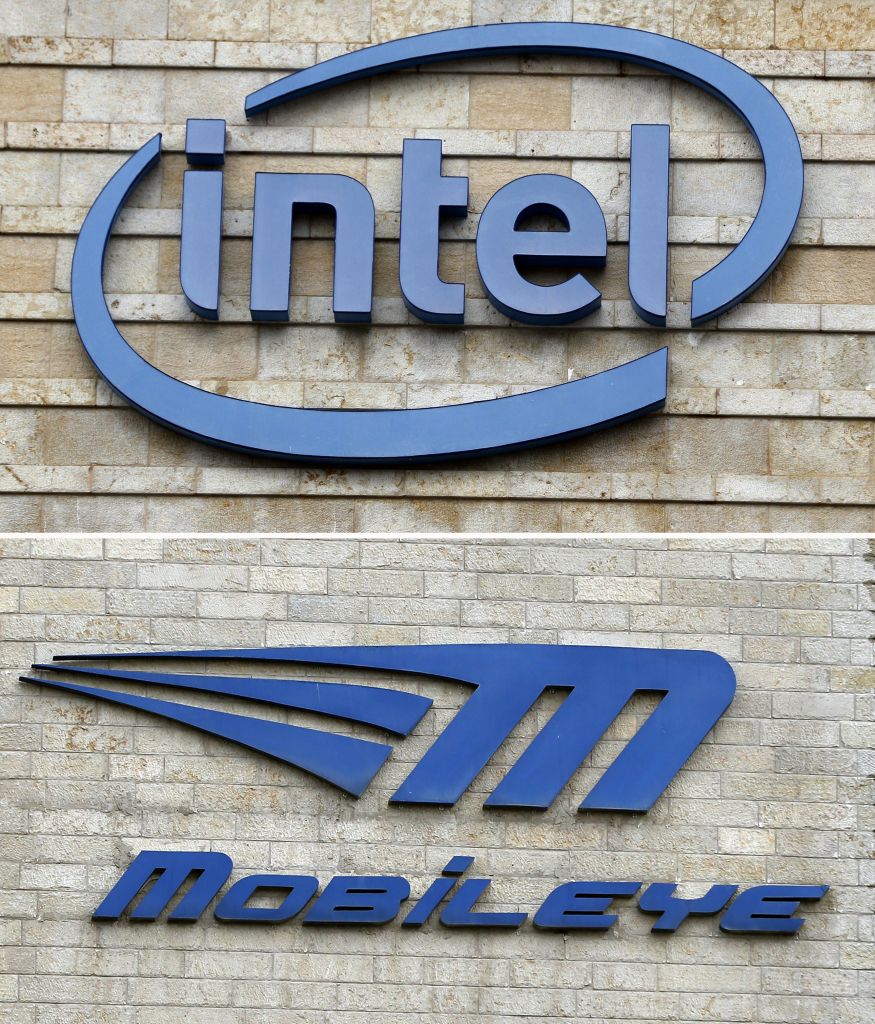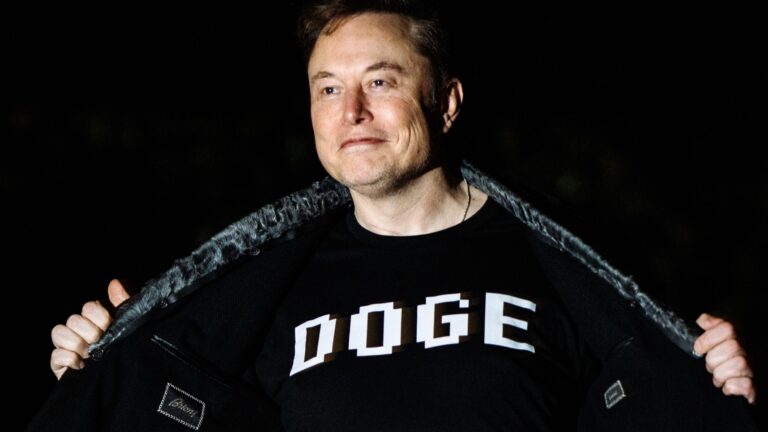On Monday, Intel announced that it will purchase the Israeli automotive technology company Mobileye in a deal worth $15.3 billion. Currently, Mobileye's computer vision systems underpin the advanced driver assists present in many new vehicles across a wide range of brands. Once the deal finalizes, Intel's Automated Driving Group will be integrated into Mobileye and run from Israel. Mobileye's co-founder, chairman, and CTO, Professor Amnon Shashua, will head things up.
In a statement, Intel CEO Brian Krzanich wrote the following:
Intel provides critical foundational technologies for autonomous driving, including plotting the car’s path and making real-time driving decisions. Mobileye brings the industry’s best automotive-grade computer vision and strong momentum with automakers and suppliers. Together, we can accelerate the future of autonomous driving with improved performance in a cloud-to-car solution at a lower cost for automakers.
Mobileye and Intel are no strangers. In July 2016, the two companies revealed they are working with BMW to launch an autonomous vehicle called the iNEXT in 2021.
The fact that Mobileye was purchased by Intel, rather than an OEM or Tier 1 supplier, should be a good thing, according to Ben Volkow, CEO of Otonomo (another Israeli automotive tech company). "If it had been an OEM, some other car companies would have cut ties with Mobileye," Volkow told Ars. "And it would have created similar problems if [Mobileye] were bought by a Tier 1 supplier. Intel is a tech company and works across the spectrum with everyone. It's a good move for them, good for the car industry, and good for the Israeli tech industry." (Indeed, the tech sector in Israel is booming, thanks in part to that country's investment in signals intelligence.)



 Loading comments...
Loading comments...
